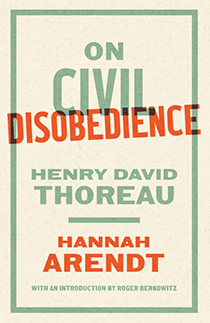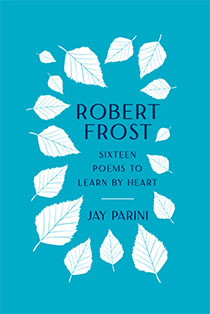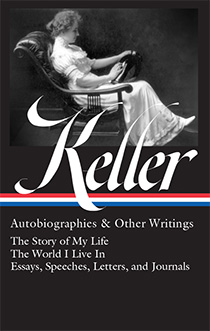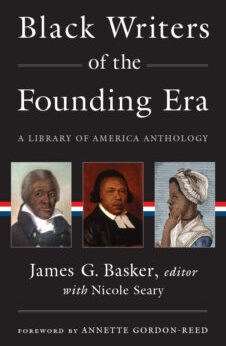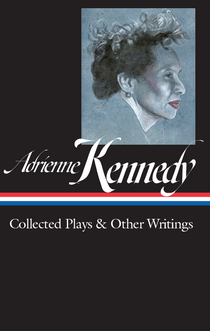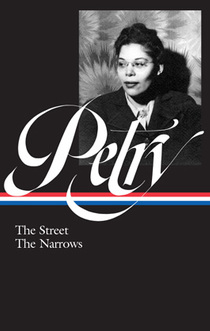Gifts for Mother's Day
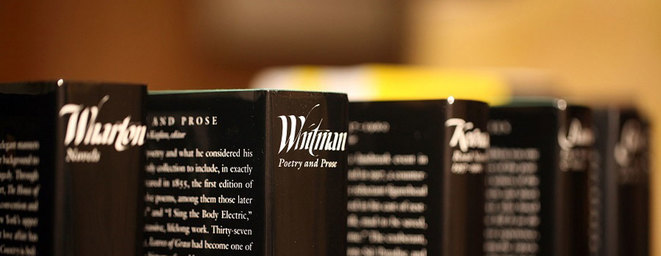
Looking to send Mom something a little more original than flowers? Library of America has something for every reader’s taste, from classic to contemporary.
With unflinching honesty and cool, crisp prose, Mary McCarthy (1912–1989) transformed the scope and style of twentieth-century American literature. Whether writing about sex and infidelity, McCarthyism and Cold War paranoia, or Freudian psychoanalysis and the psychology of terrorism, she brought to her subjects a frankness and clarity of vision that still feel ahead of their time. In the sensational best seller The Group and in other novels and stories she moved the experience of modern women front and center, inspiring generations of readers and writers. Now Library of America and editor Thomas Mallon present the first collected edition of her fiction.
Seventy-five years ago Mary McCarthy provoked a scandal with her electrifying debut novel, The Company She Keeps (1942), announcing the arrival of a major new voice in American literature. A candid, thinly-veiled portrait of the late-1930s New York intellectual scene, its penetrating gaze and creative fusion of life and literature—“mutual plagiarism,” she called it—became the hallmark of McCarthy’s fiction. The Oasis (1949), a wicked satire about a failed utopian community, and The Groves of Academe (1952), a pioneering campus novel depicting the insular and often absurd world of academia, burnished her reputation as an acerbic truth-teller, but it was with A Charmed Life (1955), a searing story of small-town infidelity, that McCarthy fully embraced the frank and avant-garde treatment of gender and sexuality that would inspire generations of readers and writers.
In McCarthy’s most famous novel, The Group (1963), she depicts the lives of eight Vassar College graduates during the 1930s as they grapple with sex, sexism, money, motherhood, and family. McCarthy’s final two novels—Birds of America (1971), a coming of age tale of 19-year-old Peter Levi, who travels to Europe during the 1960s, and Cannibals and Missionaries (1979), a thriller about a group of passengers taken hostage on an airplane by militant hijackers—are both concerned with the state of modern society, from the cross-currents of radical social change to the psychology of terrorism.
Also included are all eight of McCarthy’s short stories, four from her collection Cast a Cold Eye (1950), and four collected here for the first time. As a special feature, the second volume contains McCarthy’s 1979 essay “The Novels that Got Away,” on her unfinished fiction.
Thomas Mallon is the author of nine novels, including Watergate, Finale, and Fellow Travelers, and seven books of nonfiction. A protégé and friend of McCarthy’s, he is a regular contributor to The New Yorker and The New York Times Book Review.
Each Library of America series volume is printed on acid-free paper and features Smyth-sewn binding, a full cloth cover, and a ribbon marker.
